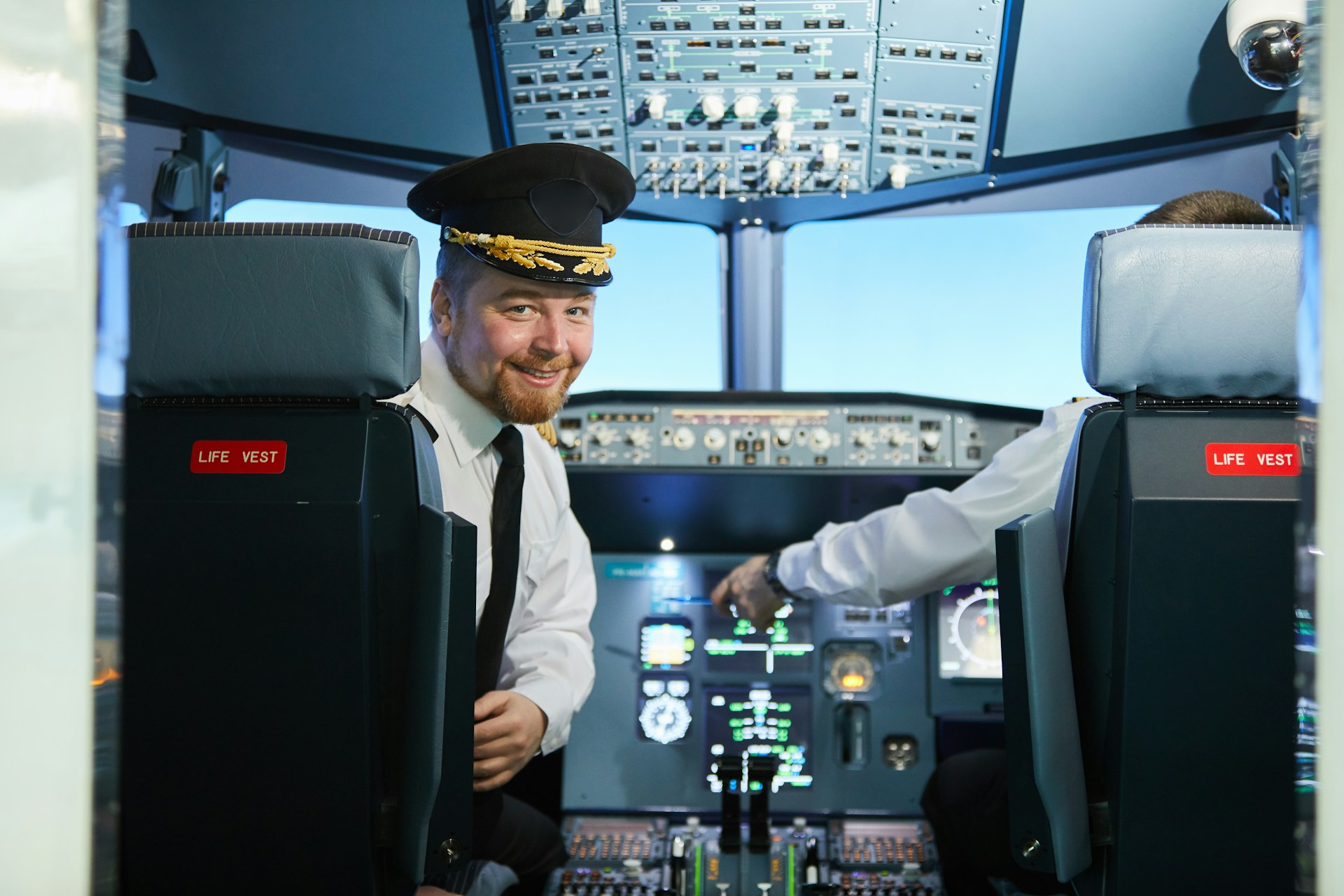Flight delays are an unfortunate reality of air travel, often leading to significant inconvenience for passengers. Whether you’re travelling for business or pleasure, a delay can disrupt your plans and cause unnecessary stress. However, if your flight to or from the European Union (EU) is delayed, you may be entitled to compensation. Understanding your rights as a passenger under EU regulations can help you navigate these situations and ensure you receive the compensation you’re entitled to.
Understanding EU Regulation EC 261/2004
EU Regulation EC 261/2004 is the cornerstone of passenger rights in the EU. This regulation establishes common rules on compensation and assistance to passengers in the event of denied boarding, flight cancellations, or long delays. It applies to all flights departing from an EU airport, regardless of the airline, as well as flights arriving in the EU operated by an EU-based airline.
Under this regulation, passengers are entitled to compensation if their flight is delayed by three hours or more upon arrival. The compensation amount is determined by the distance of the flight and the length of the delay. This regulation is applicable to both scheduled and charter flights, including domestic and international flights within the EU.
Conditions for Compensation
To be eligible for compensation under EU Regulation EC 261/2004, certain conditions must be met:
- Flight Delay Duration: The delay must be at least three hours upon arrival at the final destination. This is calculated based on the time the aircraft arrives at the gate and the doors are opened, allowing passengers to disembark.
- Flight Eligibility: The regulation covers flights departing from any EU airport, as well as flights operated by EU-based airlines arriving in the EU from non-EU countries. For example, if you’re flying from New York to Paris with an EU-based airline, you are covered. However, if you’re flying from New York to Paris with a non-EU airline, the regulation does not apply.
- Extraordinary Circumstances: Compensation is not due if the delay was caused by extraordinary circumstances beyond the airline’s control. These can include severe weather conditions, security risks, political instability, or air traffic control strikes. However, if the airline could have taken reasonable measures to prevent the delay, you may still be entitled to compensation.
Compensation Amounts
The amount of compensation you can claim depends on the distance of your flight and the length of the delay. The compensation is typically paid in euros, but it can be converted to another currency upon request. The following amounts apply:
- €250 for flights of 1,500 km or less.
- €400 for flights within the EU over 1,500 km, and for all other flights between 1,500 km and 3,500 km.
- €600 for flights longer than 3,500 km.
It’s important to note that if your flight was delayed by more than three hours but less than four hours on a flight longer than 3,500 km, the airline may reduce the compensation by 50%, bringing it down to €300.
Additional Rights and Benefits
In addition to financial compensation, passengers are entitled to certain care and assistance during the delay. This includes:
- Meals and Refreshments: The airline must provide food and drinks appropriate to the length of the delay. This typically means vouchers for airport restaurants or cafes.
- Communication: You are entitled to two free phone calls, emails, or faxes to inform your contacts about the delay.
- Accommodation: If your delay extends overnight, the airline must provide you with hotel accommodation and transport to and from the airport.
- Re-routing or Refund: If your flight is delayed for more than five hours, you can choose between continuing your journey on an alternative flight (re-routing) or receiving a full refund for the ticket. If you choose to re-route, the airline must offer you a flight to your final destination as soon as possible.
How to Claim Compensation
Claiming compensation for flight delays can seem daunting, but it’s a straightforward process if you follow the right steps:
- Check Eligibility: First, determine if your flight delay meets the conditions set out under EU Regulation EC 261/2004. Make sure you have all the necessary details, such as your flight number, booking reference, and the duration of the delay.
- Contact the Airline: Submit a compensation claim directly to the airline. This can often be done through an online form on the airline’s website. Make sure to include all relevant information, including your contact details, flight information, and a brief description of the delay.
- Keep Documentation: Retain copies of your boarding pass, booking confirmation, and any receipts for expenses incurred due to the delay. These documents will be important if you need to escalate your claim.
- Escalate if Necessary: If the airline rejects your claim or fails to respond within a reasonable timeframe, you can escalate the matter to a National Enforcement Body (NEB) in the EU or consider using a third-party service like AirHelp to assist with your claim.
Time Limits for Claims
It’s important to note that time limits for filing a claim vary by country. In general, you have up to two to five years from the date of the flight to submit your claim. For example, in the UK, you have six years to file a claim, while in Germany, the limit is three years.
Conclusion
Flight delays to and from the EU can be frustrating, but knowing your rights under EU Regulation EC 261/2004 can turn a bad situation into an opportunity to receive compensation. Whether it’s a short delay or an extended disruption, being informed about the conditions and process for claiming compensation can make a significant difference. Always keep your documentation, understand your rights, and don’t hesitate to pursue the compensation you’re entitled to when faced with a delay.




















